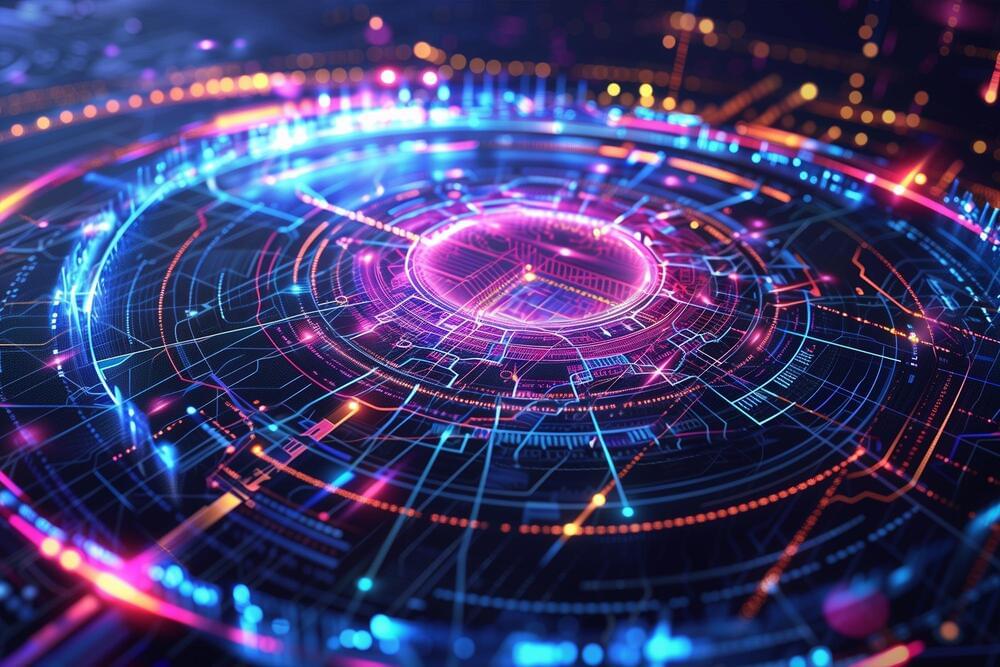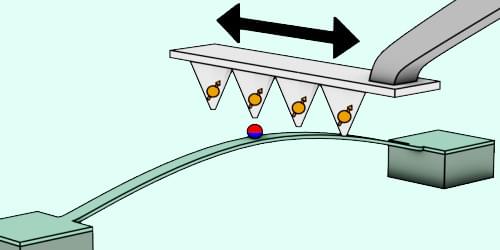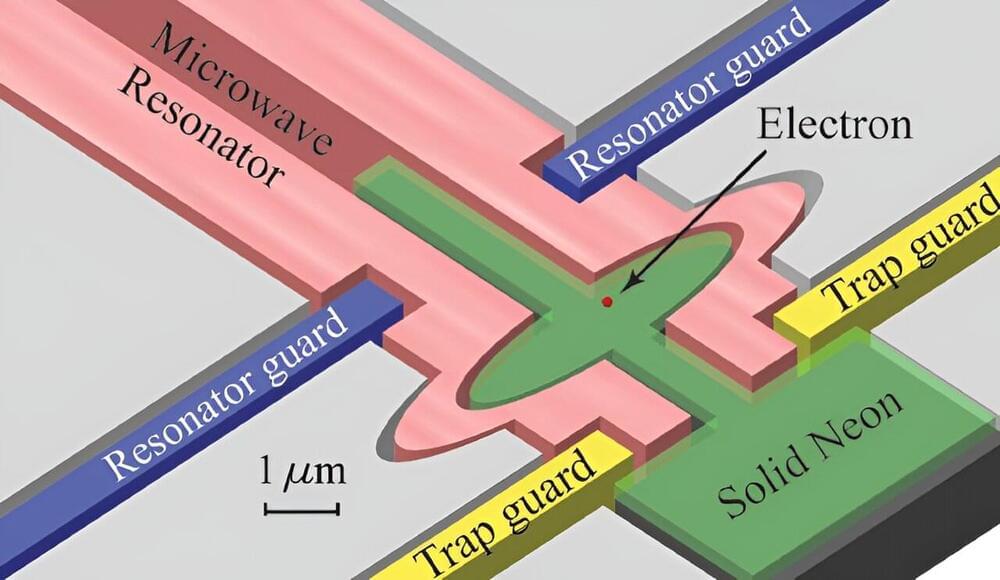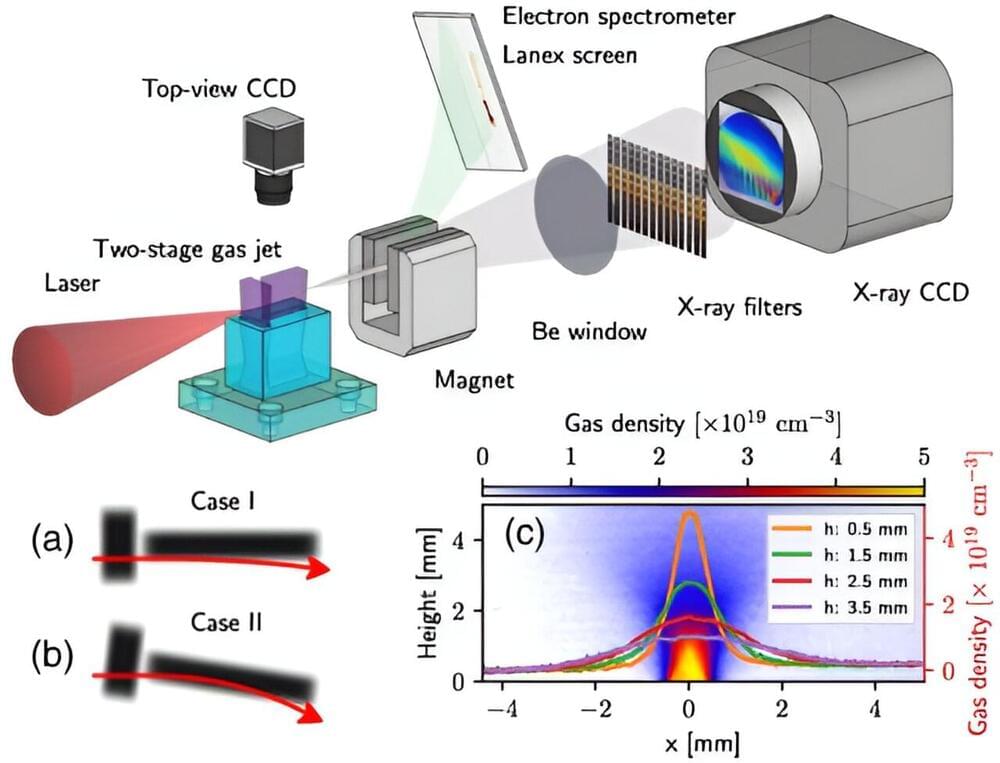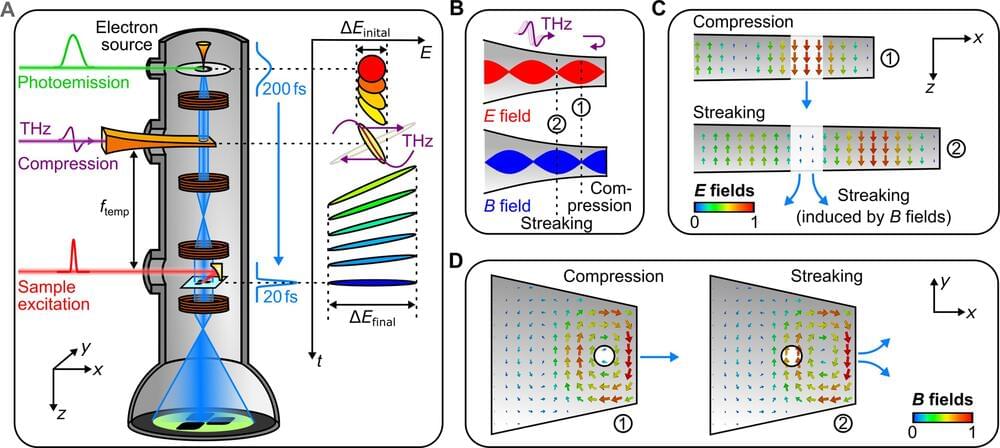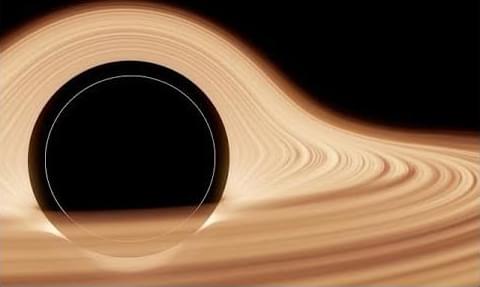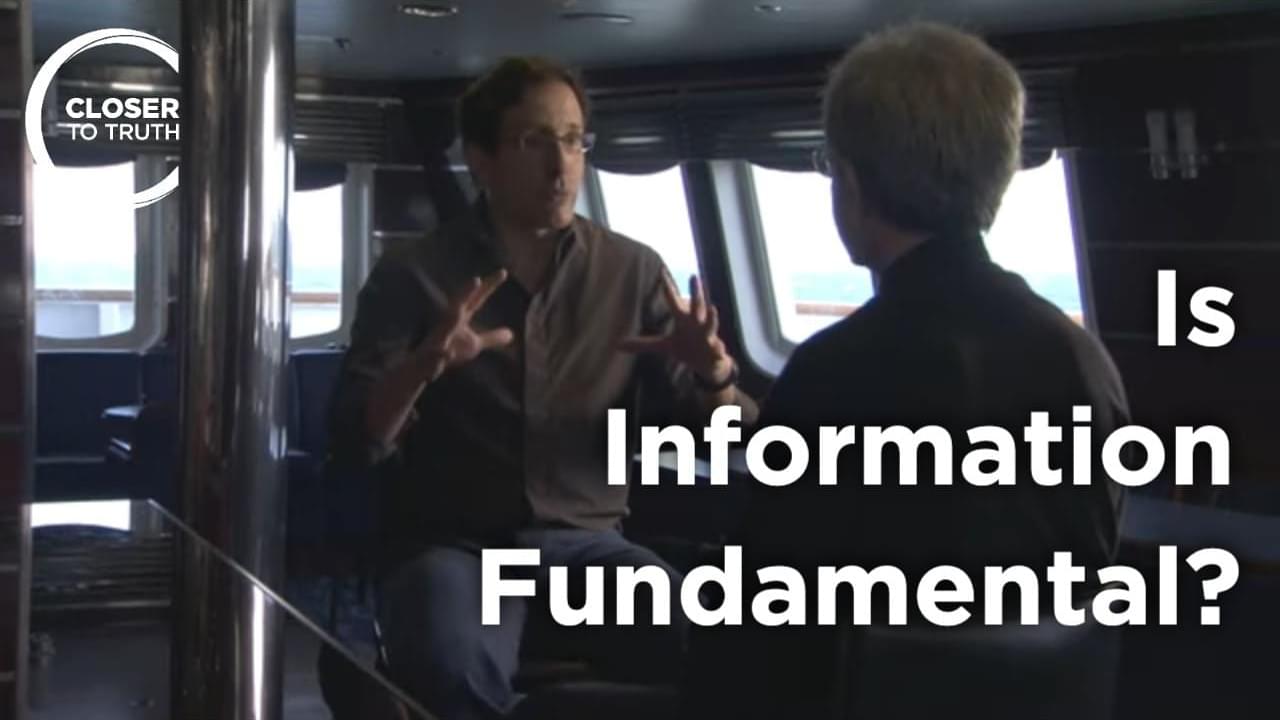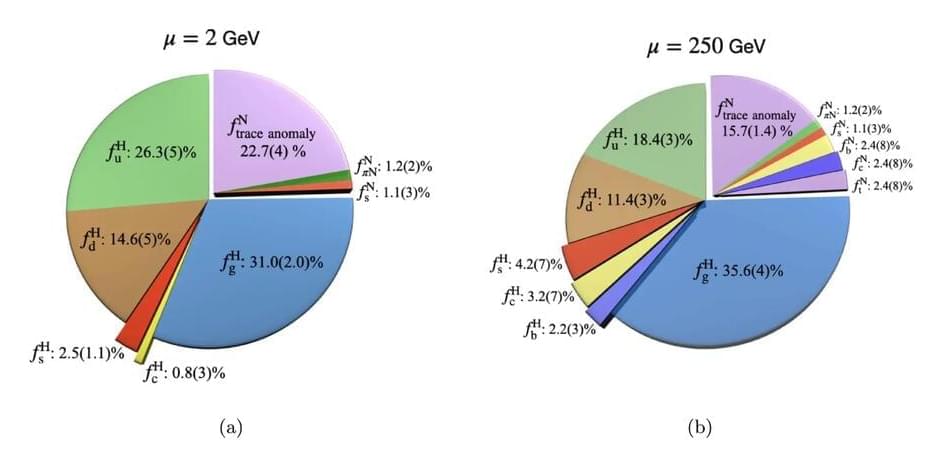Jun 27, 2024
Physicists Uncover New Path to Quantum Computing: Infrared Illumination
Posted by Paul Battista in categories: computing, particle physics, quantum physics
Physicists at TU Graz have determined that certain molecules can be stimulated by pulses of infrared light to generate small magnetic fields. If experimental trials are also successful, this technique could potentially be applied in quantum computer circuits.
When molecules absorb infrared light, they start to vibrate as they receive energy. Andreas Hauser from the Institute of Experimental Physics at Graz University of Technology (TU Graz) used this well-understood process as a basis for exploring whether these vibrations could be harnessed to produce magnetic fields. Since atomic nuclei carry a positive charge, the movement of these charged particles results in the creation of a magnetic field.
Using the example of metal phthalocyanines – ring-shaped, planar dye molecules – Andreas Hauser and his team have now calculated that, due to their high symmetry, these molecules actually generate tiny magnetic fields in the nanometre range when infrared pulses act on them.
